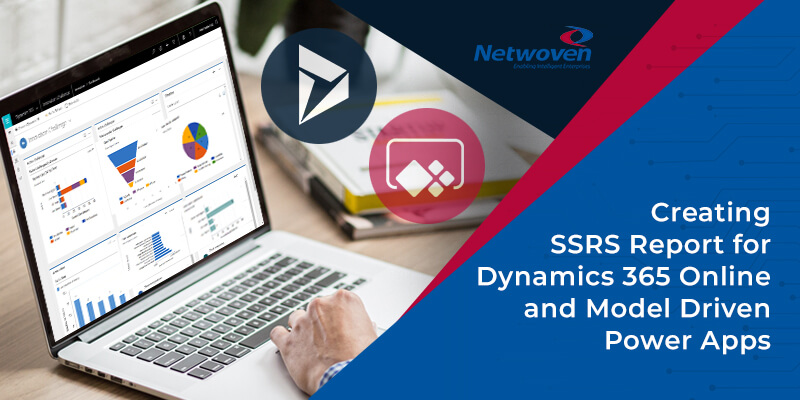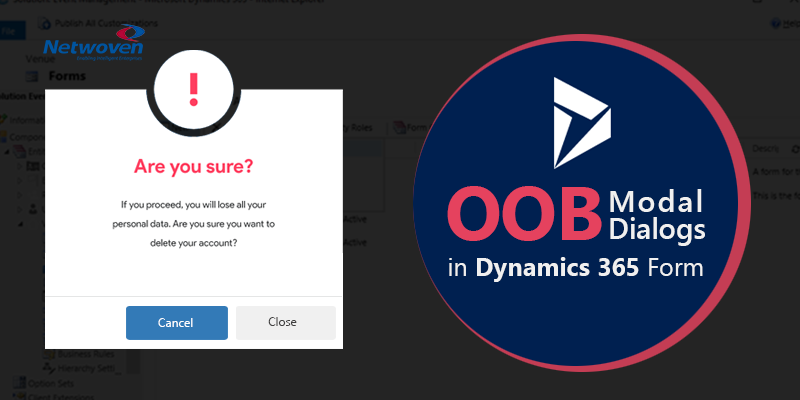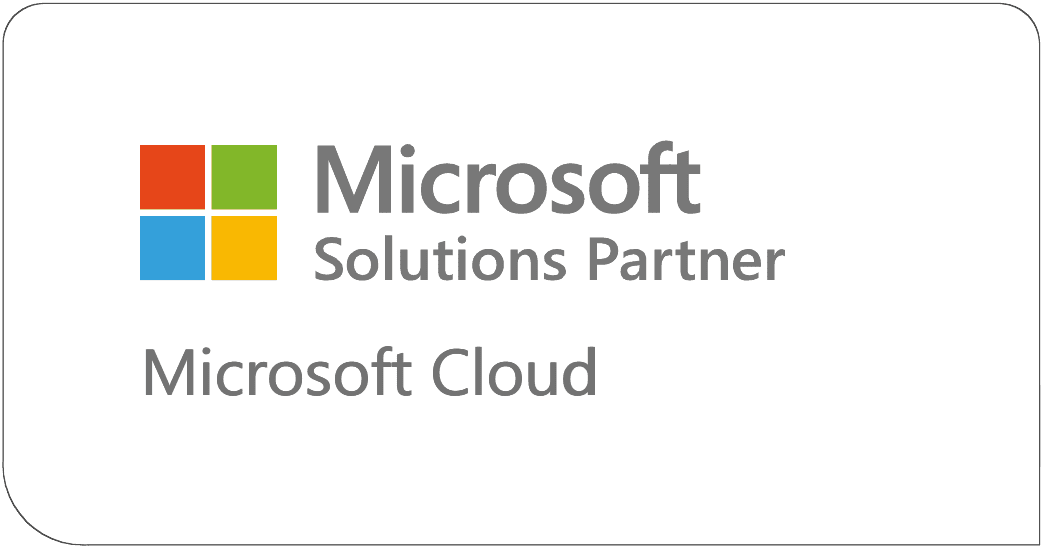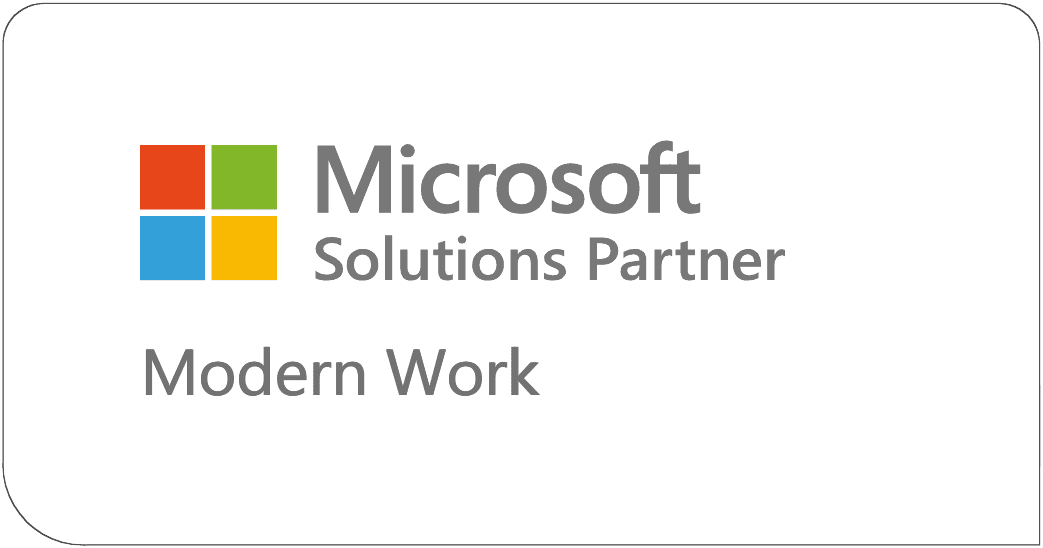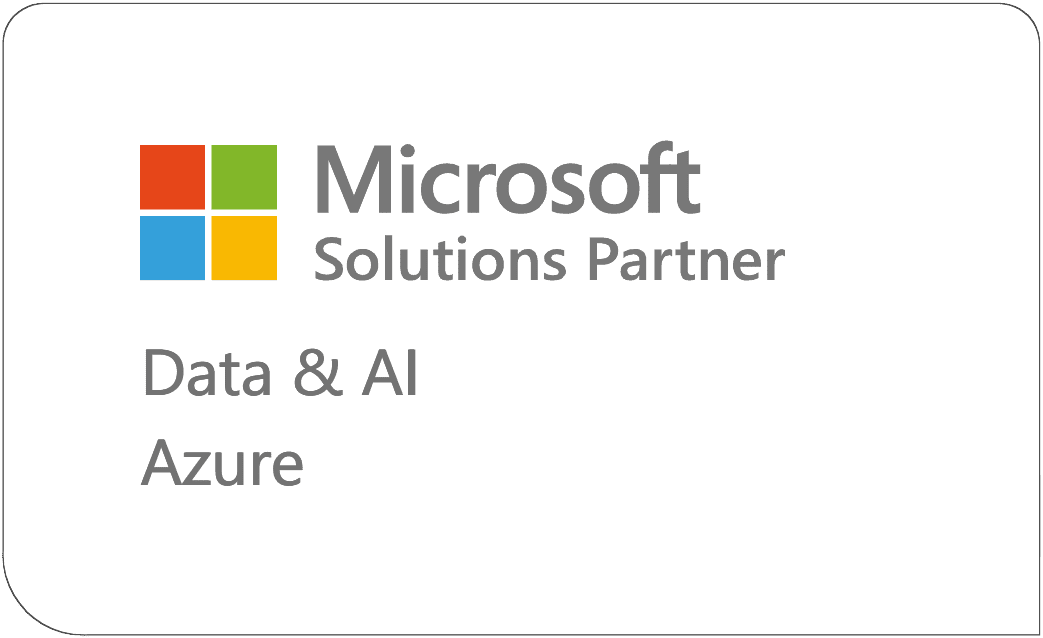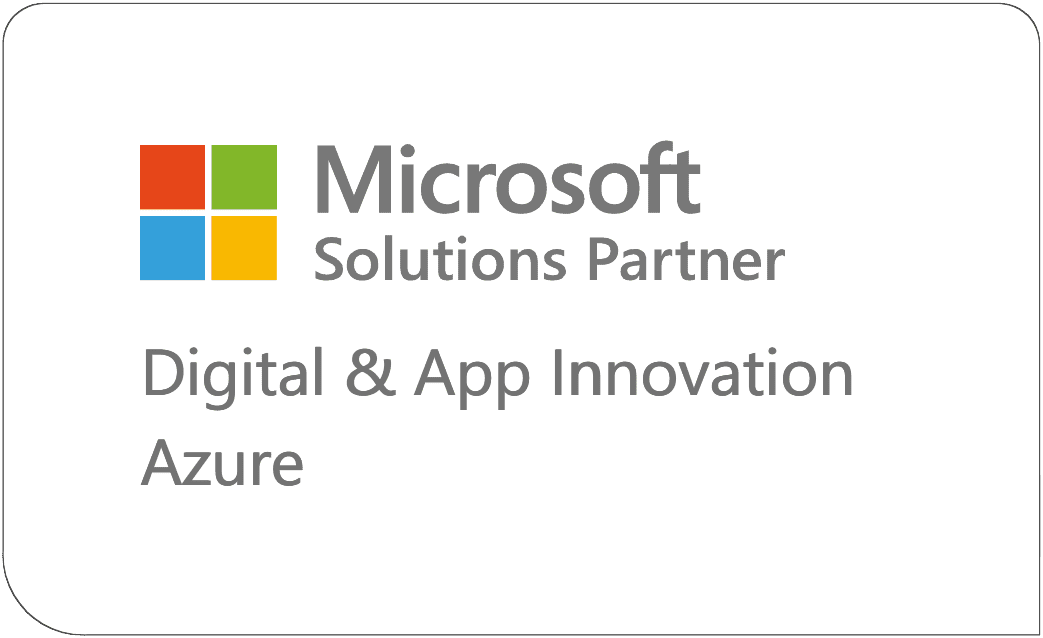We’ve all been in a situation where we’ve purchased a new product but realized when we open it. It’s either the wrong size, broken, or not what we wanted. Our first instinct is to call customer service. The wait time to get in touch with a representative is one hour. While most of us wait patiently, some of us may send out a tweet to the company. The company replies asking what the problem is without knowing that you’ve already been waiting on the phone for a representative. As you are while typing your issue, someone picks up.
You try and explain the issue with as much self-control as you can, though vowing that you’ll never deal with the same company again.
Solid customer relationship is the heart of every successful business, regardless of the industry you’re engaged in. But sometimes it’s hard to give customers that one-on-one personal attention when you’re so busy trying to manage mountains of client data. It’s hence very necessary to have a database of your prospects, leads, and customers so that you stay equipped with the ability to serve customers at the speed they expect while ensuring amazing customer service.
That’s the reason why so many companies are investing in Customer Relationship Management (CRM) software, and here are 5 reasons why you should too:
1. CRM is an All-In-One System
CRM provides a complete, all-in-one system for four main elements:
- Contacts
- Technical Support
- Social Engagement
- Customer Service
This means no more searching through endless piles of spreadsheets, appointment books or calendars—everything you need is right at your fingertips and loads on your screen in seconds. Your CRM system is the go-to place for anything that relates to customer/client interaction within your company.
2. Increased Real-Time Access to Data
The real-time intelligence of CRM allows you to get access to information on who is visiting your website and what pages they check or how they navigate. You can see what emails they open or click and what forms they submit. This feature allows you to answer the main question: What does a customer NEED? Data can be collected from a vast range of sources such –
- Website Forms
- Sales Calls
- Email Campaigns
- Contact Lists
- Social Media
- Seminars
3. Measure Data through Analytics and Business Intelligence
Now you have a huge amount of customer data but how do you analyze and act upon it? How can you use this data to drive performance or improve ROI? CRM Systems allow you to slice, dice, and deep mine your data through a wide variety of resources. You can customize and create interactive dashboards and reports specific to your data needs. This helps to discover key performance indicators (KPI), measure customer satisfaction rate, identify new leads, track website visits, monitor lead conversion, and much more. By properly analyzing your data, you can gain better insight into your company and business.
4. A Complete Marketing Hub
A CRM system will help you manage and monitor all of your marketing activities. The three main functions of a CRM system that can help your marketing efforts are: Segmentation, Automation and Project Management.
Segmentation allows you to identify and target customers specific to a campaign—you can make selections based on job title, demographics, interest level and much more. This way you’re not spamming your whole email list with a campaign that could be irrelevant to them.
With Project Management, you can create a project room and add all documents, mails and activities on your CRM system. The benefits of this are overview, traceability and visibility for all people involved.
Lastly a CRM system can automate most of you marketing processes (such as email campaigns) and streamline workflow by giving you a platform to plan, produce and follow up with your marketing campaigns.
5. Increase and Enhance Customer Service
Awesome—you captured marketing leads, and you converted them into a sales lead, and now they’re your customers! Customers expect timely and knowledgeable support whether it’s a question, a complaint or just an important email/call that needs to be dealt with. A CRM system will provide you with every detail of a customer transactions, relationship, personal information etc. This will make the conversation with the customer go smoothly instead of transferring them from department to department searching for answers. In addition, a CRM system will automatically send reminders to staff about important appointments and emails, monitor complaints, track calls, and other functions to follow up with the customer. Lower the risk of human error when it comes to remembering meetings and following up on issues.
Hence, the next time you’re on the phone complaining about your product that’s defective—pray that the company has a CRM system!




